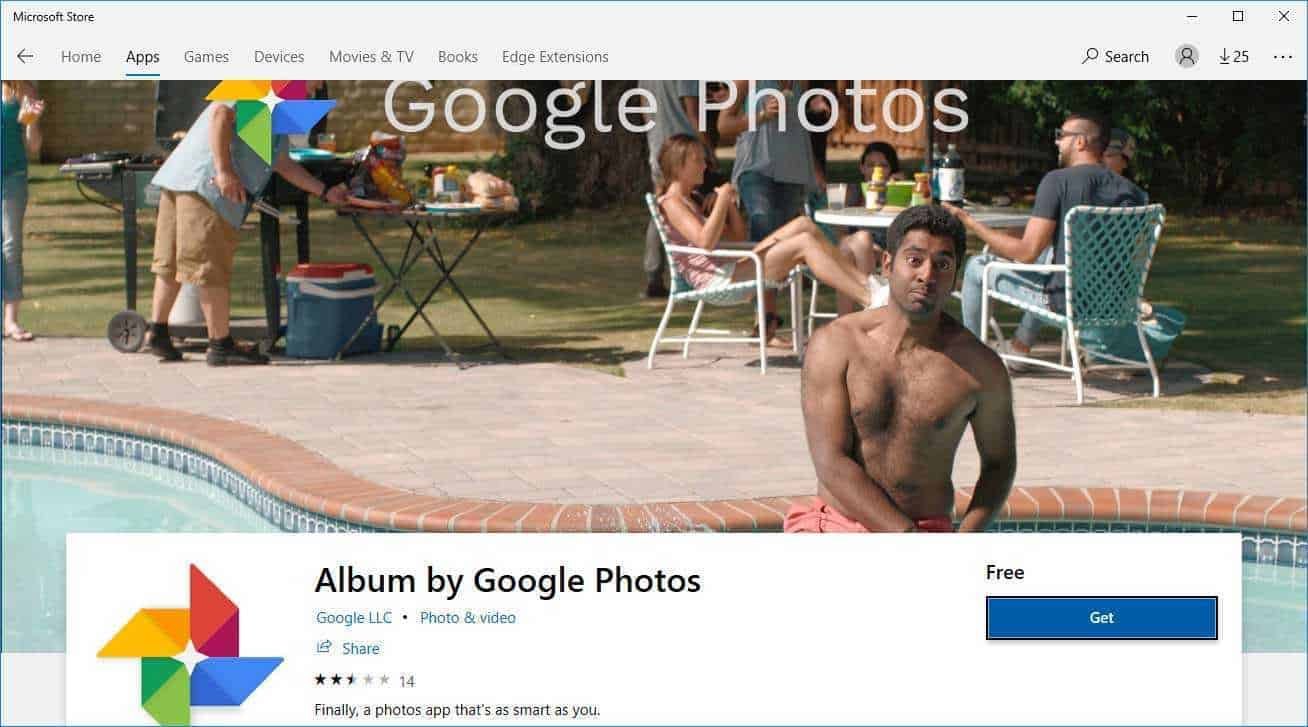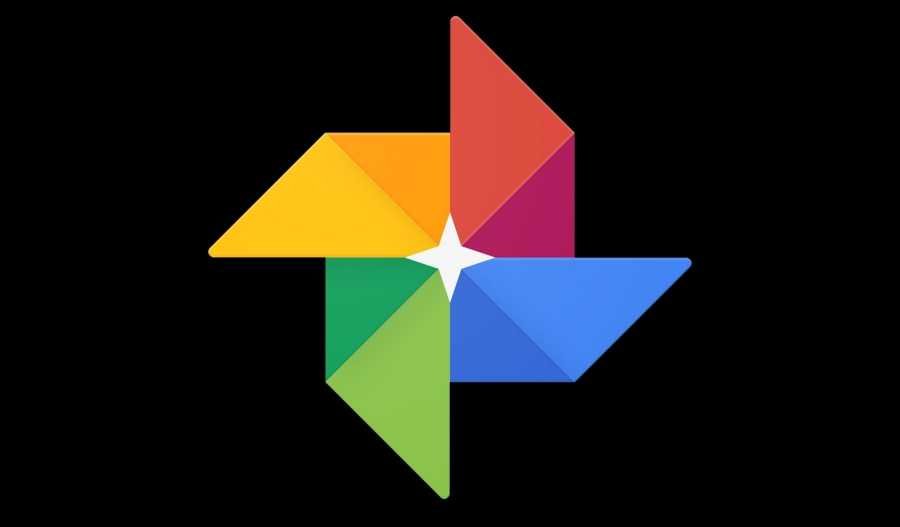A malicious application called “Album by Google Photos” was found circulating in the Microsoft Store. Notably, the app pretends to be developed by Google and is part of Google Photos. But it is actually an ad clicker that repeatedly opens hidden ads on Windows 10.
This free app Album by Google Photos claims to be created by Google LLC and its description reads: “Finally, a photos app that's as smart as you.”
Because this is an ad clicker as mentioned above, the reviews on the app page are not very good. You will find reviews of "Fake App" and "Fake, do not install".
Right now the malicious application seems to have removed from the Microsoft Store.
The Album by Google Photos app is a PWA app (progressive web app) that acts as a front end to Google Photos, but contains a packet ad clicker. Αν τρέξετε την εφαρμογή, ο ad clicker θα συνδεθεί σε απομακρυσμένους κεντρικούς υπολογιστές και θα εμφανίζει διαφημίσεις στο παρασκήνιο, για να αποφέρει income to the developers of the malicious app.
The ad clicker consists of three files located in the application folder. They are called Block Craft 3D.dll, Block Craft 3D.exe and Block Craft 3D.xr.
When you start your app, it welcomes a window asking you to connect to Google Photos. It's a normal Google login screen. While you do not see any code, you should be careful when an app asks you for a link to your accounts.
The application will connect alongside the address 11k.online/Ad/constants/9n0wkj6hpz86.json to download a settings file. From this point on your system will be filled with ads.
________________________________
- SpecuCheck Specter and Meltdown Control in Windows
- Google: When the idiot looks at the finger
- Facebook complaint for post traumatic stress disorder
- Facebook Dating from Today Trial
- Google Lens and iOS devices: how it works





